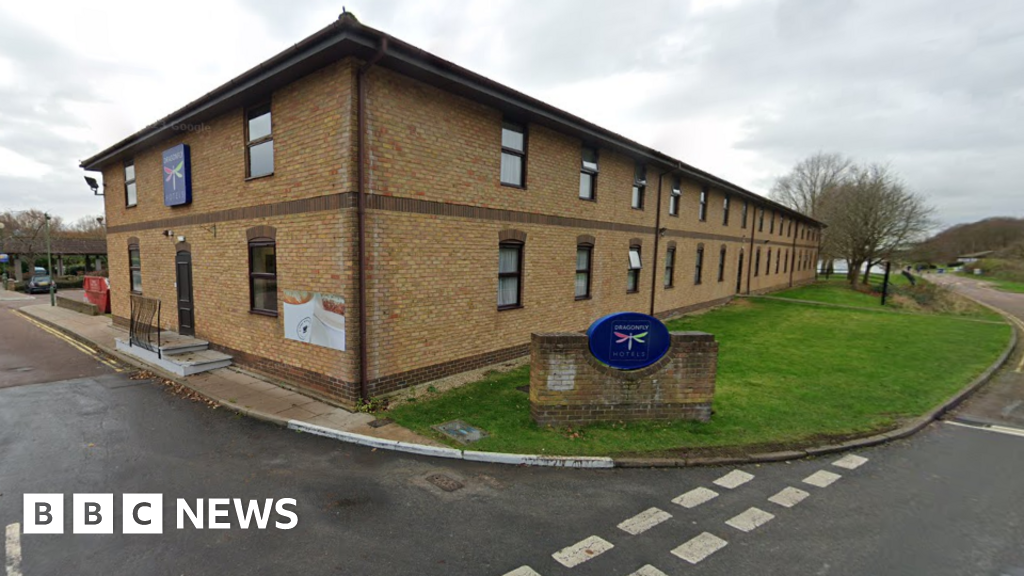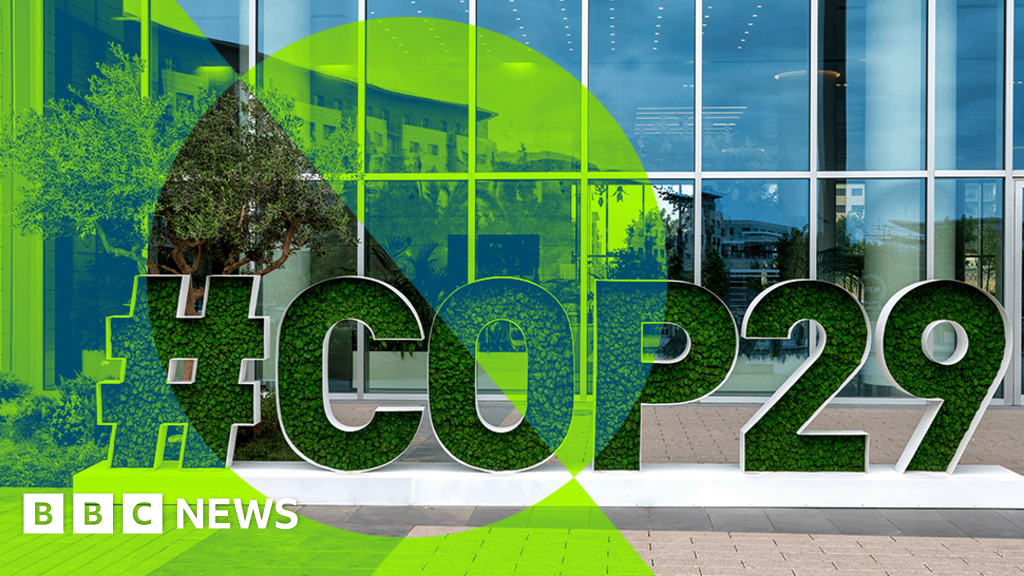ARTICLE AD BOX
By Dulcie Lee
BBC News
Image source, Getty Images
There will be no further Covid restrictions in England before the new year, Sajid Javid has said.
But the health secretary said people should "remain cautious" and celebrate outside on New Year's Eve if possible.
"When we get into the new year, of course we will see then whether we do need to take any further measures, but nothing more until then at least," he said.
Meanwhile, England reported a record number of cases on Christmas Day.
The figures showed there were 113,628 new infections reported in England on 25 December, 103,558 on 26 December and 98,515 on 27 December.
Only partial Covid data has been published over the Christmas period.
Meanwhile, the Scottish government said provisional data suggested Christmas weekend had seen the highest daily cases recorded in Scotland since the start of the pandemic.
First Minister Nicola Sturgeon said the expected wave of cases fuelled by Omicron was "materialising".
Scotland and Northern Ireland have both tightened rules for a second day, with hospitality venues returning to table service only and social distancing returning in several settings.
Early findings last week suggested people infected with the fast-spreading Omicron variant were less likely to be admitted to hospital - although a range of factors is likely to be examined when looking at the case for restrictions.
Mr Javid said 90% of cases across England were now the Omicron variant.
Omicron: What we know so far
- This variant is very contagious - it spreads faster than others and can infect people even if they are fully vaccinated
- Vaccines and boosters are still essential - they do a great job at protecting against severe disease that could put you in hospital
- It is milder - if you catch it, the risk of needing hospital treatment is up to 70% lower than with previous variants - but that is largely because many of us have built up immunity from vaccines and past infections rather than changes to the virus
- Even if Omicron is milder, because it is more contagious a large number of people will catch it and some will still become very ill, which puts pressure on the NHS.
The UK has massively ramped up its booster programme in response to Omicron, which was first identified in South Africa just one month ago.
A record 968,665 booster jabs and third doses were reported in one day last week, and the NHS said a further 1.5 million vaccination slots were available to book in England in the coming days.

 2 years ago
21
2 years ago
21








 English (US)
English (US)